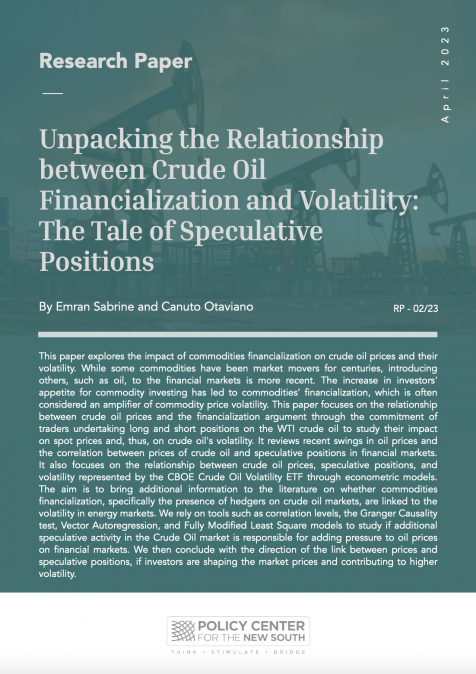Podcasts
Shifting Sands: U.S. Military Strategy in Africa
22
April
2025
Related topics:
As Washington navigates its military presence in Africa amidst growing Russian and Chinese influence, this discussion explores the strategic decisions shaping U.S. engagement on the continent. General Holtz shares insights into how the United States assesses and responds to the geopolitical maneuvers of these global powers within Africa. The conversation delves into the complexities of maintaining stability and influence in the region, highlighting the challenges and opportunities faced by the U.S. military in adapting to a rapidly changing global landscape.









